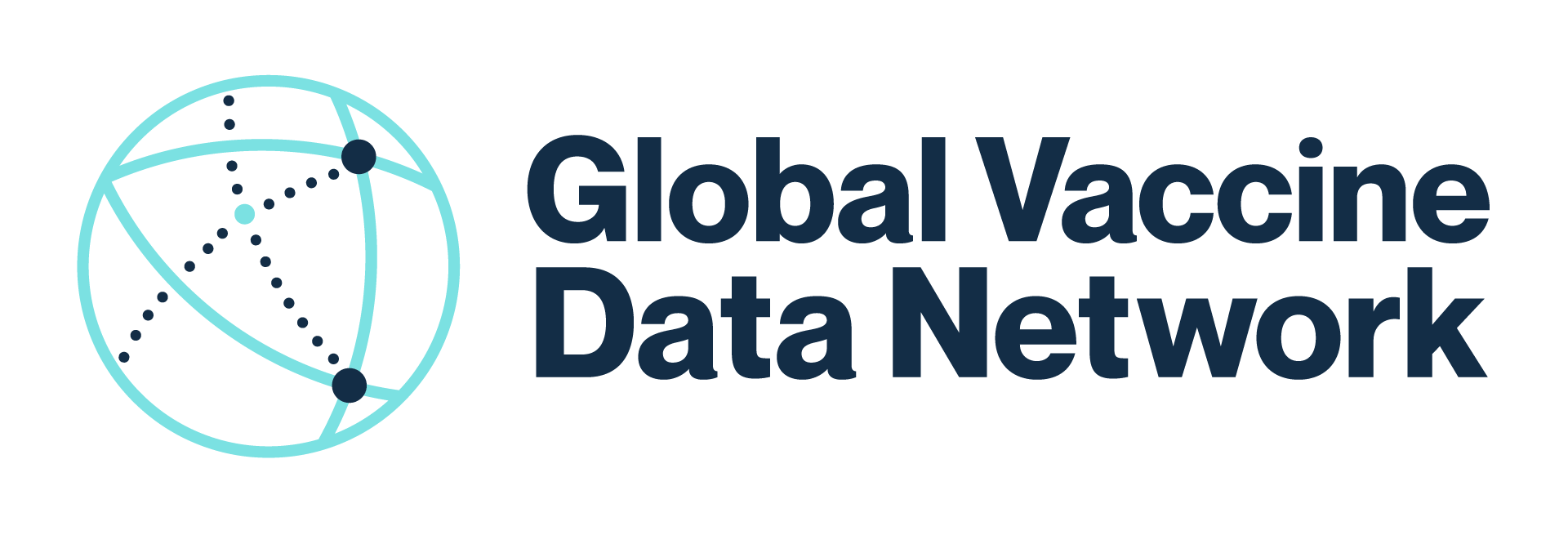As discussed at The Role of Real-World Evidence for Regulatory and Public Health Decision Making for Accelerated Vaccine Deployment Conference, held by the International Alliance for Biological Standardization (IABS), RWE offers opportunities to break down these barriers to implementation in LMICs and improve regulatory and public health decision-making. The Safety Platform for Emergency vACcines (SPEAC) supports the harmonisation of safety evaluation in clinical trials and in the generation of RWE.
SPEAC is a major initiative by CEPI and the Brighton Collaboration to develop tools for vaccine safety assessment in the pre-introduction phase that harmonises with the post-introduction phase. To do so, we are establishing a RWE infrastructure for vaccine safety during early deployment. Our work in the monitoring of clinical trials and the development of tools and resources, including case definitions, companion guides, codes and templates for benefit-risk assessments of new vaccines that can be used in RWE will advance this vision. We are conducting landscape assessments for sites that can conduct pharmacovigilance in LMICs with the aim of linking with sites that may be trained and engaged for safety evaluations.
SPEAC’s work focuses on new vaccines being developed against CEPI’s priority pathogens, including Lassa fever, Chikungunya, Nipah virus, and MERS. However, SPEAC’s RWE framework for CEPI pathogens can be adapted for other pathogens. We look forward to future opportunities to expand this work to other pathogens.
About the author
Robert Chen is the Scientific Director of the Brighton Collaboration and the SPEAC Project Lead. He started his public health career in 1987 when he joined the San Francisco Department of Public Health’s AIDS Office. He then went on to a career spanning 30 years with Centers for Disease Control and Prevention (CDC) investigating outbreaks of vaccine-preventable diseases like diphtheria, pertussis, and measles; and bolstering the U.S. vaccine safety monitoring system. One of Chen’s greatest accomplishments at the CDC was developing its Vaccine Safety Datalink (VSD) project. Since its launch in 1990, the VSD has monitored vaccine safety and collected data on more than six million people annually to study whether immunisations may cause side effects. “That project is the epitome of big data being put to use for the larger social good,” said Chen. “It’s the model pretty much every other country is using today.”
Chen was incremental in establishing the Brighton Collaboration, an international alliance of more than 750 scientific experts, in 2000 with the aim of advancing the science of vaccine safety, focusing initially on developing standardised case definitions and other guidelines for studying adverse events following immunisations. In 2019, the Brighton Collaboration came under The Task Force for Global Health umbrella and soon after teamed up with the Coalition for Epidemic Preparedness (CEPI) to launch the Safety Platform for Emergency vACcines (SPEAC) project.
